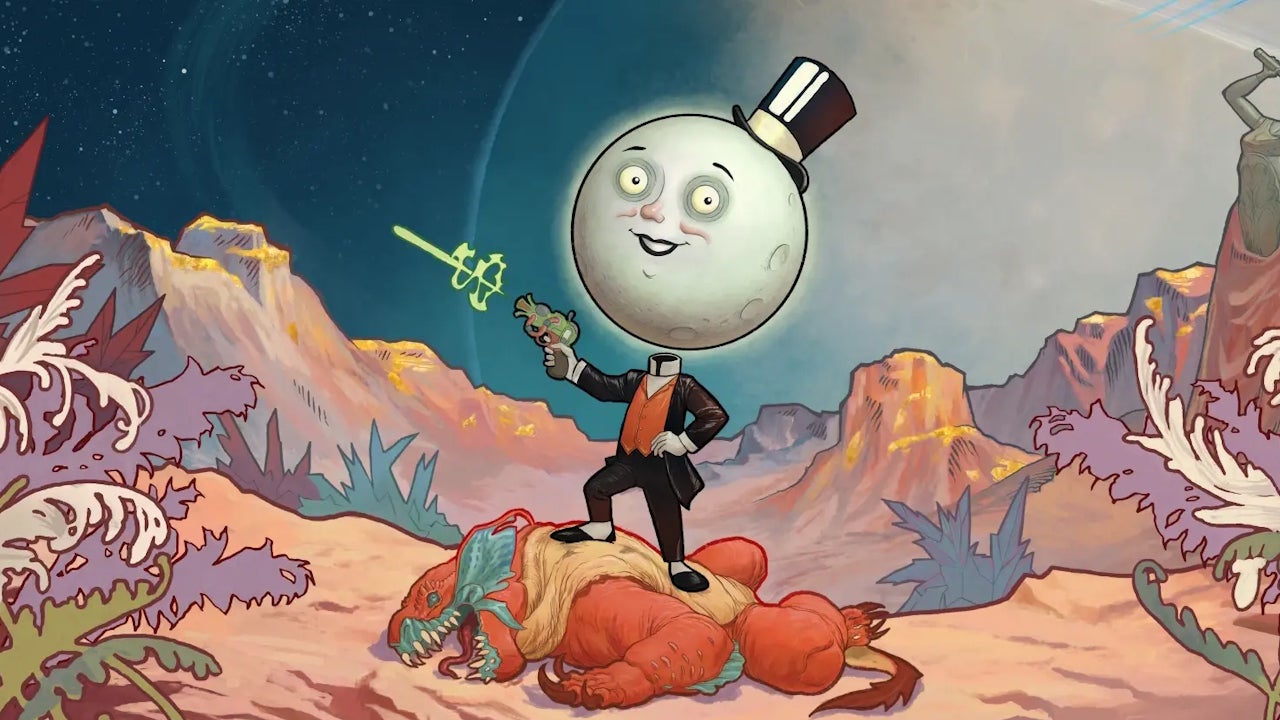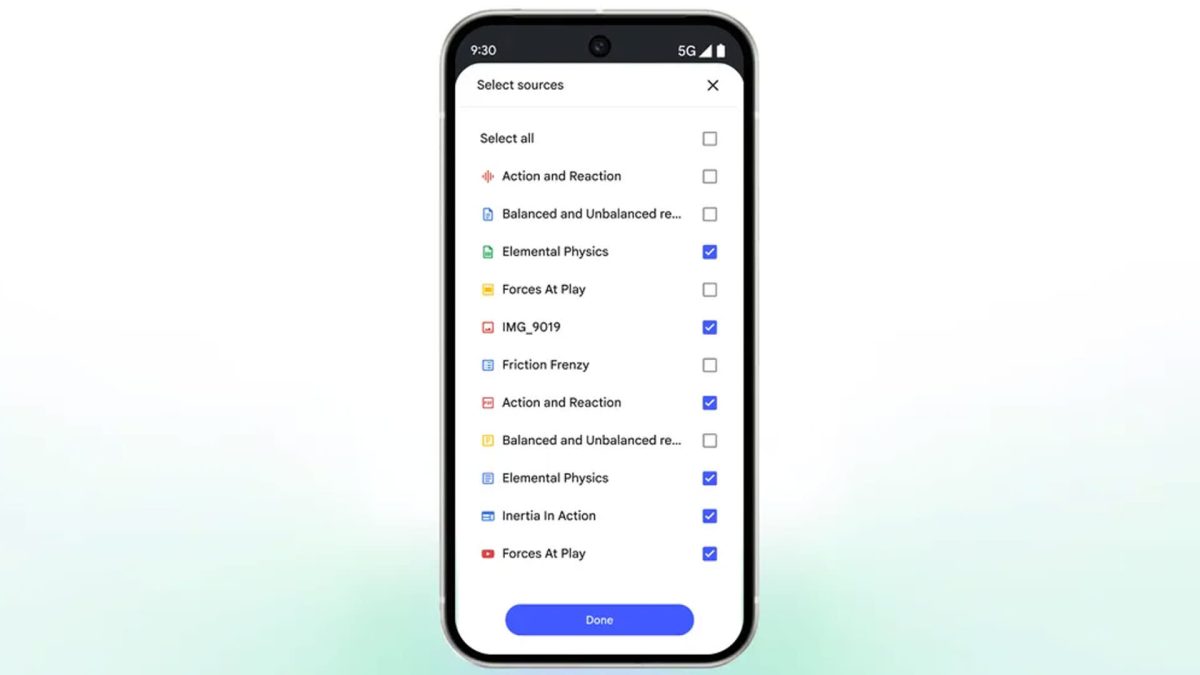Kingdom Come: Deliverance Boss’ The Outer Worlds 2 Review Lands on 7/10, but He Has a Few Stinging Criticisms for Obsidian’s RPG


The boss of the Kingdom Come: Deliverance games has reviewed The Outer Worlds 2, and in doing so has issued a number of stinging criticisms of Obsidian’s sci-fi RPG.
Daniel Vavra, co-founder of Warhorse Studios and lead writer of the much-loved RPGs Kingdom Come: Deliverance and Kingdom Come: Deliverance 2, took to social media to say he’d finished The Outer Worlds 2 and settled on a 7/10 review score (check out IGN’s The Outer Worlds 2 review to find out what we thought).
That’s a decent score for any video game, but expanding his thoughts, Vavra criticized The Outer Worlds 2 and Microsoft-owned developer, Obsidian Entertainment, for fasiling to innovate in the RPG space.
Here’s the review in full:
Finished. 7/10. But what I find sad is that the company and the people who gave us one of my favorite games ever (Fallout & New Vegas) have been unable, even after 15 years and with all of Microsoft’s money and latest technological advances, to come up with a single new game mechanic that could take this proven but ancient formula somewhere new. Can any of you think of a single new game mechanic in The Outer Worlds that wasn’t already in Deus Ex or the original Fallout games more than 25 years ago? Unfortunately, I can’t. Give me a living, simulated world! True non-linearity! Give me something more than loot boxes, maintenance shafts, loading screens and level grinding in a static scripted world.
It’s worth unpacking Vavra’s comment. His first point is an accusation that Obsidian, creator of the beloved Fallout: New Vegas, has failed to significantly evolve its “ancient formula,” despite the backing of moneybags Microsoft. He claims The Outer Worlds (I assume he means The Outer Worlds 2 here) doesn’t have a single new game mechanic that wasn’t already in Deus Ex or the original Fallout games more than 25 years ago.
Is that true? Some people are pointing to The Outer Worlds 2’s Flaw system, which sees the game dish out game-changing perks that can benefit your character but always hinder them in some way, as an eye-catching new feature for this type of RPG. In a later social media post, Vavra said Fallout had Traits with negative aspects, calling this Flaw system “nothing new.”
But is that fair? The Outer Worlds 2’s Flaw system is getting a lot of love from players not just for their impact on playstyle, but the way they’re unlocked. As you play the game, you’ll occasionally trigger a Flaw opportunity, with the game itself reacting to the way you’re playing by delivering some really fun perks that are a delight to encounter. For example, if you crouch walk a lot you’ll be offered the Bad Knees Flaw, which makes you crouch walk faster but every time you stand up your knees crack, making a noise guards might hear. I won’t spoil all the Flaws here because part of the fun is in their discovery, but I will say it feels like there is a DM behind the scenes, observing your playstyle and occasionally dipping into the action to add some spice to your experience.
Others are pointing to the way Obsidian lets players unlock unique dialogue options not just by having a high speech skill, but by seeking out information which can then be brought into conversations to gain an advantage. Your character will remember “discovered info” you’ve found from, say, terminals or chats with other NPCs or examining things, and you’ll get the chance to use it in conversation when it counts. It’s a cool system that adds depth to the standard, straight-forward speech-driven dialogue experience you see in a lot of RPGs, and it makes you want to go out into the world and learn more before having the big quest convos, like the space detective I like role-playing as.
Vavra continues: “Give me a living, simulated world! True non-linearity! Give me something more than loot boxes, maintenance shafts, loading screens and level grinding in a static scripted world.”
Here, Vavra’s assessment of The Outer Worlds 2 perhaps rings true. The game’s mini-open worlds can feel static and scripted in the sense that they do not revolve around a simulation. The Outer Worlds 2 is not a game similar in scope or style to one of Bethesda’s big RPGs. It is not Fallout: New Vegas, even, more a game that rekindles memories of it.
And scope is something Obsidian openly talks about. It is one of the most prolific studios Microsoft has, having released three new games this year alone: Avowed, Grounded 2, and The Outer Worlds 2. It is a developer that has learnt to focus when it comes to scope, to drill down, and to ship games that are manageable to play and, I suspect, manageable to develop. Obsidian isn’t doing a The Elder Scrolls 6 here. It’s carved out a style all its own.
So The Outer Worlds 2 was never going to be a game with a living, simulated world. Whether that disappoints you or not probably comes down to your expectations for modern Obsidian games. But I’d say it was pretty obvious what The Outer Worlds 2 was going to be, not just based on previews, but on the studio’s previous games.
And what about Vavra’s “all of Microsoft’s money” comment? Sure, Microsoft has significant resources, but the business reality is — reportedly — that Xbox studios are under more pressure to deliver profits. Part of doing that will be bringing more money in while keeping development as low as possible. It does not feel like Xbox studios have a magic money tap to make their dream games come true.
Vavra’s comments have certainly hit a nerve online, and have sparked a debate about what Obsidian is trying to do when it comes to video game development. It recently acknowledged that fans desperately want it to make Fallout: New Vegas 2, a game that would probably come with the kind of expectations Vavra has for the studio, but it’s enjoying creating new IP and building those franchises out with sequels, which is what The Outer Worlds 2 is all about.
It should be clear by now that Obsidian’s focus is on actually releasing games that are consistently good and don’t necessarily need to be huge hits to be successful. In the current climate, perhaps that’s an approach that makes a lot of sense.
Wesley is Director, News at IGN. Find him on Twitter at @wyp100. You can reach Wesley at [email protected] or confidentially at [email protected].


